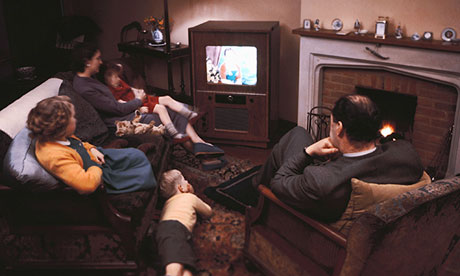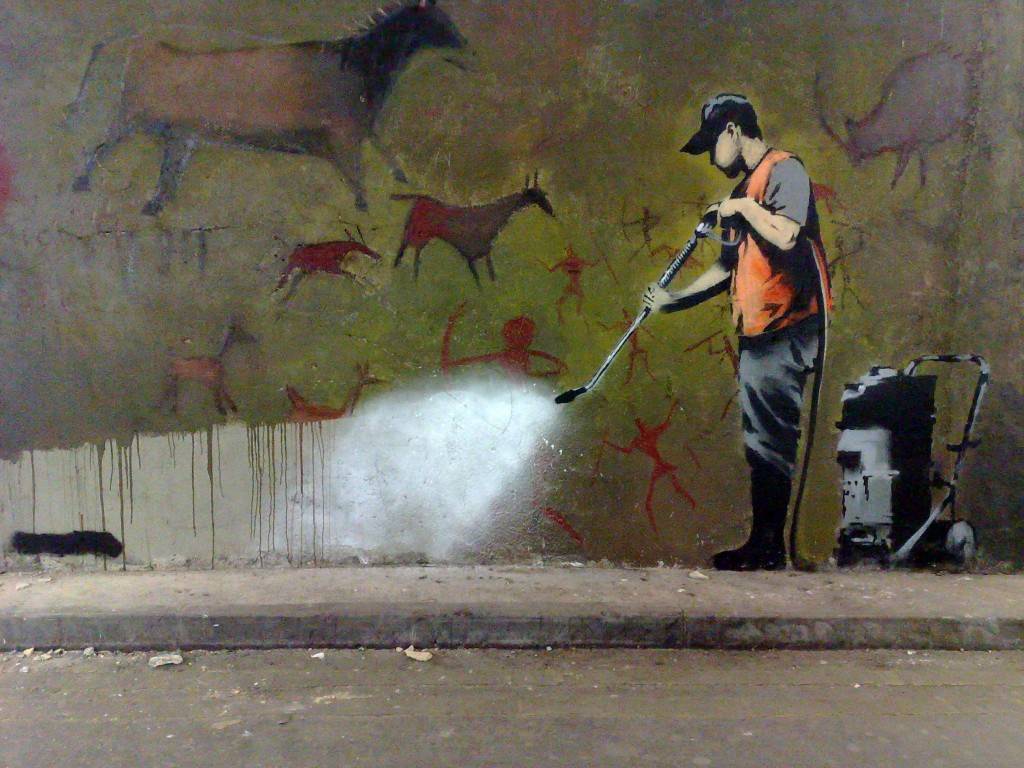What makes the English so eccentric?
Speaking Japanese to their dogs at their local pub, perhaps?
▶ Three German Shepherds in a British Pub. - YouTube
.
.
.
Goldilocks and the Three Bears
(A Fairy Tale for the Politically Correct)
By Annie Buller
Once upon time, there was a little girl named Goldilocks. She liked to play in the woods. One day Goldilocks was playing in a part of the forest that she had never been in before and she was getting very hungry. She noticed a cute little cottage between the trees and decided to go and ask for a snack.
She knocked at the door, but there was no answer. When she tried the doorknob, however, she discovered that the door was unlocked and pushed it open. “This is very unsafe,” she said to herself, forgetting that she was glad it was unlocked. “My house is never unlocked when there’s no one home.”
Goldilocks went inside and saw three bowls of porridge on the table in the kitchen. They looked delicious. She tasted the first one, but it was so hot that she burned her mouth. She tasted the second one, but it was so cold that it sent electric shocks down her cavity fillings. Then she tasted the third one and it was just right. So she ate the whole bowl. “I wonder whose house this is,” she said to herself. “They make great porridge.”
With her full stomach, Goldilocks began searching for a place to sit down. She found three chairs in the living room. She sat in the first one, but it was too hard. She sat in the second one, but it was too soft. She sat in the third one, and it was just right until she realized that she was too heavy for it. By that time, though, it was already too late and she had broken through the chair and landed on the floor. “This house could use a few renovations,” she thought.
She decided to go upstairs and look for a bed. All at once, she had a horrible thought. “What if they’re upstairs?” She called out, “Is anyone home?” There was no answer.
Goldilocks found the bedroom, and after trying all of the beds, (too hard, too soft, just right) she fell fast asleep. An hour later she awoke only to find three brown fuzzy bear faces looking sternly down at her. “This must be the one,” growled the biggest one. They looked at each other and nodded, then as if on cue, they roared as loud as they could. Goldilocks bolted out of bed and raced out of the house.
The next morning, there was a knock at the door. Papa Bear opened it to find Goldilocks on his step with a strange man in a suit and carrying a briefcase. “Who are you?” asked Papa Bear.
“The name is S. F. H. Scunque, attorney-at-law. Here’s my card. I’m here on behalf of Goldilocks. She has asked me to represent her in a lawsuit on the grounds of personal injury, harassment, and emotional duress. Here are your papers.”
The lawyer left with Goldilocks. The bears went back inside to call their own lawyer. They filed a counter lawsuit on the grounds of trespassing and destruction of private property.
After a few months, when the flurry of paperwork flying between the two attorney’s offices had settled, they all met in court. Goldilocks was wearing a bandage on her tongue where she had burned it on the porridge, a back-brace (she had jarred her back falling through the chair), and she had one ankle wrapped from spraining it while she ran away. The bears’ charges did not hold up in court, unfortunately, because they had not had a “No Trespassing” sign on their property at the time, and also because a state certified psychologist had stated that Goldilock’s actions were merely responses to traumatic events she had gone through as a child.
It had the makings of a successful frivolous lawsuit until the bears brought in their own psychologist who declared Goldilocks to be insane on the grounds that she liked porridge. (What kind of child likes porridge?) Then the judge found Goldilocks in contempt of court for lying under oath. (No one with a burned tongue has to wear a bandage after a few months of recovery time.) He found in favor of the bears, although their lawsuit had been dropped and no one received any compensation. Goldilocks appealed with a new count of unsafe living premises against the bears. The county and state building inspectors were sent to the bears’ house where they inspected it and declared it safe by state and county standards. (Although they did confiscate the broken chair as a health hazard.)
When the dust had finally settled, the bears were happy (except for baby bear who didn’t have a chair anymore), the lawyers were very happy, and Goldilocks was forced to use her college savings to pay off court expenses.























